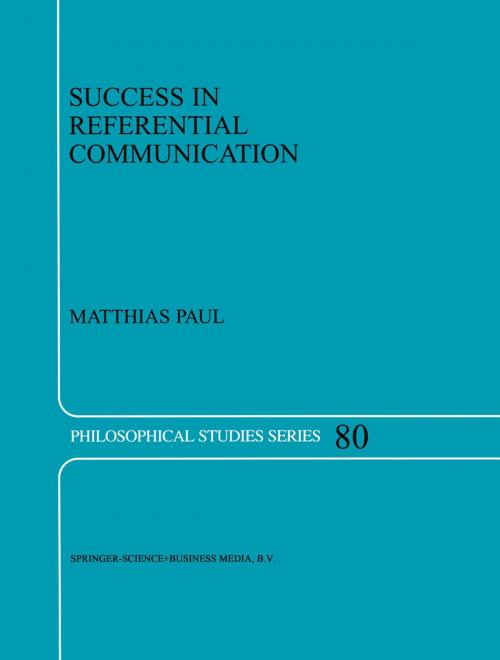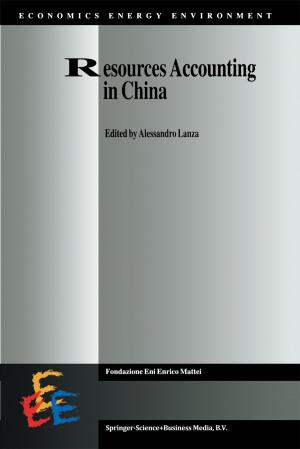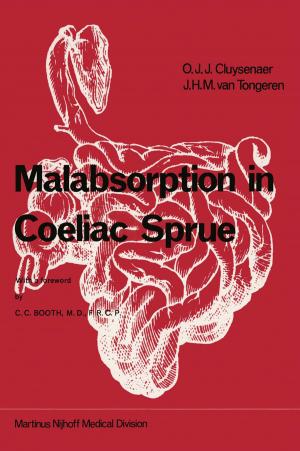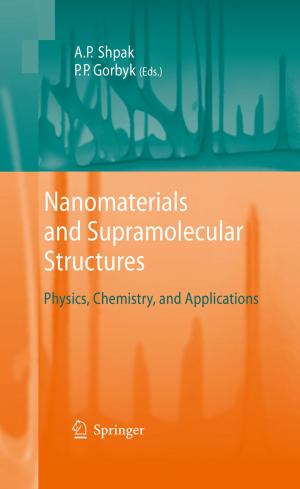Success in Referential Communication
Nonfiction, Religion & Spirituality, Philosophy, Reference, Reference & Language, Language Arts, Linguistics| Author: | M. Paul | ISBN: | 9789401731812 |
| Publisher: | Springer Netherlands | Publication: | March 9, 2013 |
| Imprint: | Springer | Language: | English |
| Author: | M. Paul |
| ISBN: | 9789401731812 |
| Publisher: | Springer Netherlands |
| Publication: | March 9, 2013 |
| Imprint: | Springer |
| Language: | English |
One of the most basic themes in the philosophy of language is referential uptake, viz., the question of what counts as properly `understanding' a referring act in communication. In this inquiry, the particular line pursued goes back to Strawson's work on re-identification, but the immediate influence is that of Gareth Evans. It is argued that traditional and recent proposals fail to account for success in referential communication. A novel account is developed, resembling Evans' account in combining an external success condition with a Fregean one. But, in contrast to Evans, greater emphasis is placed on the action-enabling side of communication. Further topics discussed include the role of mental states in accounting for communication, the impact of re-identification on the understanding of referring acts, and Donnellan's referential/attributive distinction.
Readership: Philosophers, cognitive scientists and semanticists.
One of the most basic themes in the philosophy of language is referential uptake, viz., the question of what counts as properly `understanding' a referring act in communication. In this inquiry, the particular line pursued goes back to Strawson's work on re-identification, but the immediate influence is that of Gareth Evans. It is argued that traditional and recent proposals fail to account for success in referential communication. A novel account is developed, resembling Evans' account in combining an external success condition with a Fregean one. But, in contrast to Evans, greater emphasis is placed on the action-enabling side of communication. Further topics discussed include the role of mental states in accounting for communication, the impact of re-identification on the understanding of referring acts, and Donnellan's referential/attributive distinction.
Readership: Philosophers, cognitive scientists and semanticists.















